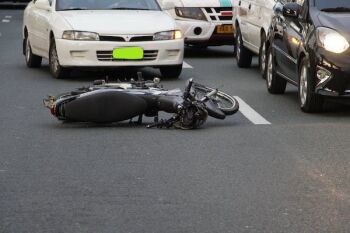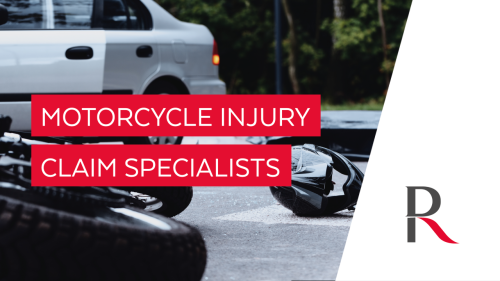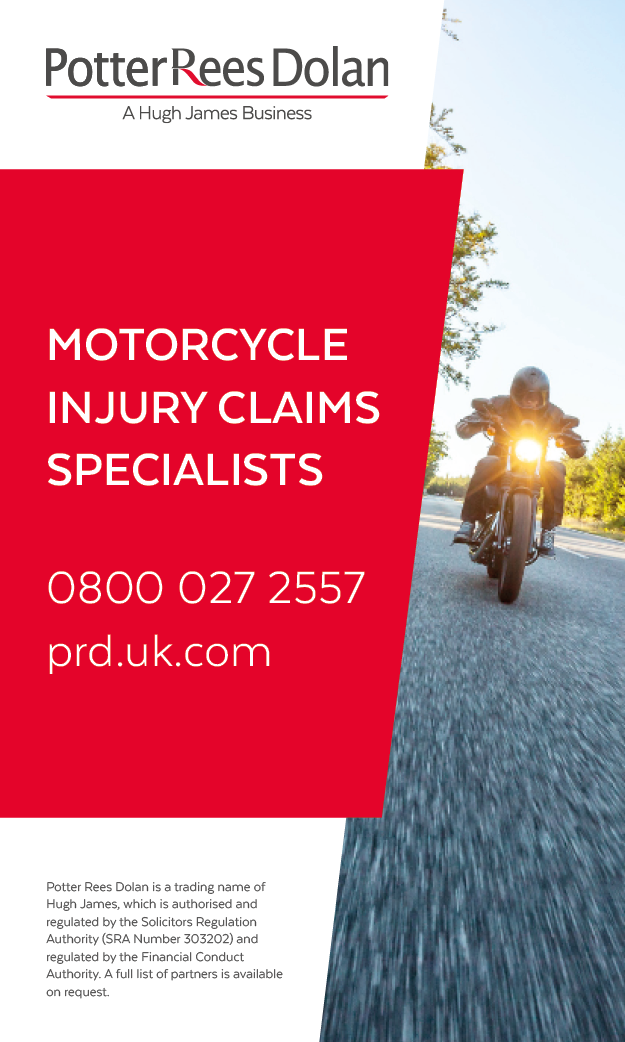The Law On Motorcycle Personal Injury Claims
Posted on
Motorcyclists are widely known to be at greater risk of accidents and injuries due to their lack of protection compared to car drivers. This is also confirmed by statistics from the Motorcycle Legal Foundation which report that motorcycle accidents have an 80% injury or mortality rate, while car accidents have only 20%.
If you have had a motorcycle accident, in addition to any injuries, you may also be facing mounting medical expenses, rehabilitation costs, and other unexpected financial burdens and losses. To help you with these matters, motorcycle accident lawyers can help you build a strong personal injury claim and receive the compensation you may be entitled to. In this article, we will outline the legal aspects involved in making a personal injury claim for a motorcycle accident.
Proving Negligence
Success in a personal injury case typically requires proving that the other party's negligence was the cause of the accident and resulting injuries. The burden of proving this will lie with the claimant. This will involve establishing that the elements below apply to their claim:
â— Duty of care: This means proving that the at-fault party had a legal obligation to act in a way that reasonably ensured the safety of the injured motorcyclist.
â— Breach of duty: The at-fault party failed to take reasonable steps to prevent harm by acting negligently or recklessly.
â— Causation: The breach of duty directly caused the accident and the subsequent injuries and losses suffered by the claimant.
â— Damages: The injured party suffered measurable damages for which they can be compensated such as medical expenses, lost earnings, pain and suffering and property damage.
Collecting evidence such as video footage, witness statements and police reports can help claimants establish these points and build a strong personal injury claim.
Mitigation of Damages
While the at-fault party may have a duty of care toward the claimant, the claimant has a duty to mitigate their losses. This legal doctrine prevents an injured party from recovering damages for losses that were reasonably avoidable but which they failed to avoid. The doctrine encourages a fair and just award for damages is made, ensuring that claimants do not profit from their own unreasonable or unwilling actions or omissions.
For example, an injured claimant who fails to heed the advice of their doctor in receiving rehabilitation for their injuries may see a worsening of their condition. The duty to mitigate may reduce the amount of compensation the injured party is eligible to receive for their injuries on the basis that they did not take reasonable steps to minimize their losses.
Mitigation as a Defense

It is worth noting that the duty to mitigate is sometimes raised as a defense by the at-fault party in an attempt to lower the amount of compensation they owe or to avoid liability altogether. In this situation, the burden will be on them to prove that the claimant failed to take reasonable steps to avoid or minimize their losses. It will then be the claimant’s responsibility to refute such claims by putting forward evidence to show they made proactive efforts to mitigate their damages.
The guidance outlined here can help those involved in a motorcycle accident to put together a robust claim for compensation.
article supplied





